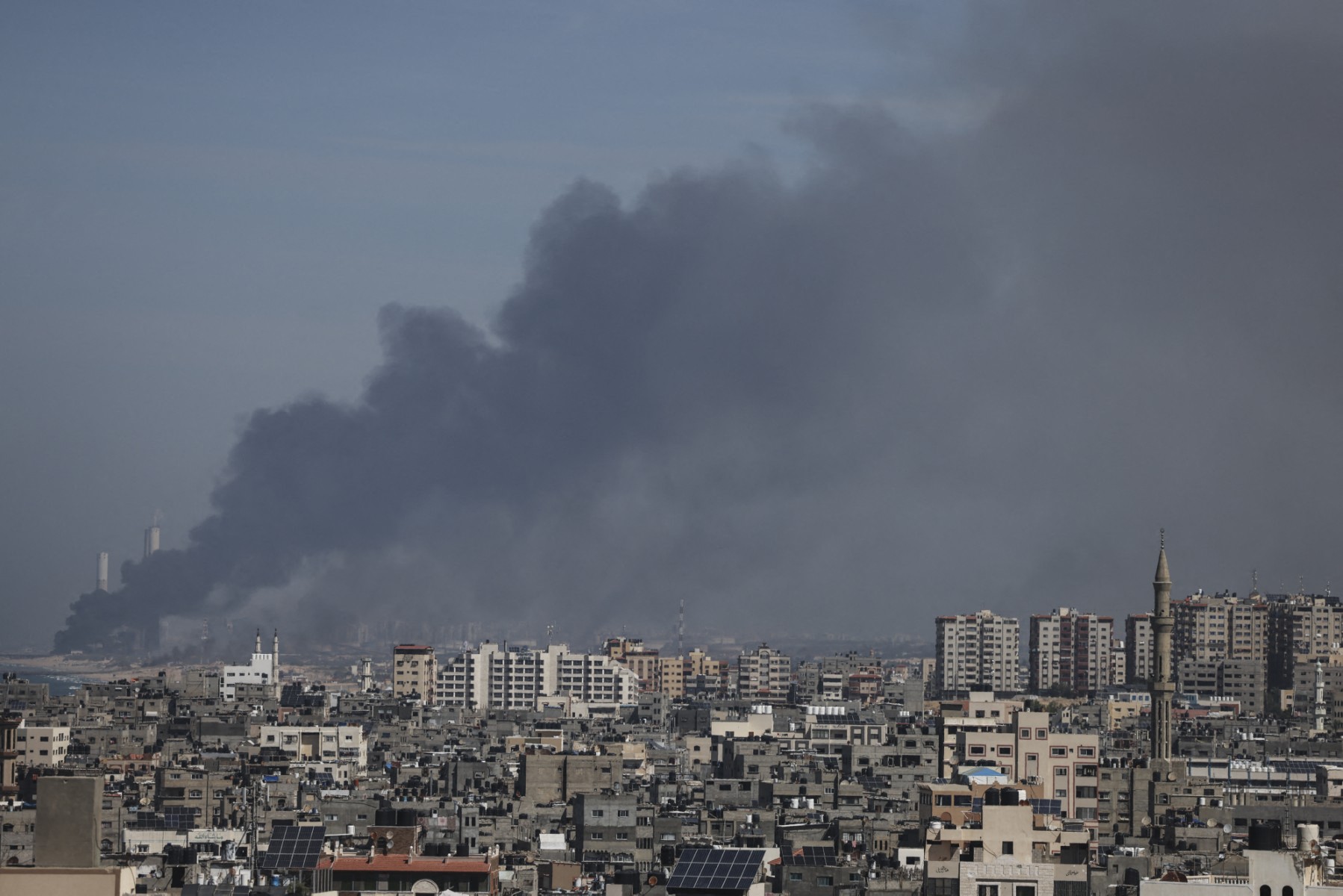
Key issues of Israeli-Palestinian conflict
(1) Territory: Borderlines, territorial contiguity (2) Jerusalem: Ownership of Jerusalem, the Temple Mount and other religious sites (3) Refugees and Palestinian right of return to Israeli territories; compensation for refugees. (4) Security arrangements and territorial waters. (5) Settlements.
Finding a lasting peace
A major huddle in resolving the conflict lies in both parties recognising that each has right to exist as a sovereign nation and right to live in peace and security. Land borders, especially, around West Bank should be negotiated to reflect present day realities. Borderline questions can only be answered through negotiation between the two parties. Territorial contiguity may be desired but it should be treated with sense of flexibility. Where lands or religious sites are not contiguous passage ways and rights of access may be considered. On the question of separation of walls constructed by Israel in West Bank; thoughtfully, the walls should not be the major point of argument. What is paramount is mutually agreeing on borderlines that will be respected by all. Once borderlines are established, Israel will, expectedly, dismantle any walls falling within Palestinian territory upon acquiescence to permanent status agreement. Inference can be drawn from steps Israel took while disengaging from Gaza. While disengaging from Gaza, Israel dismantled all settlements they constructed in Gaza.
Israel should discontinue settlement expansion in occupied territories. This is a fundamental obligation under international law. Settlement freeze is a requirement with which Israel can demonstrate commitment to peace and end of hostilities.
The status of Jerusalem has remained very sensitive, knotty and central, right from the end of British Mandate in 1948. It is due to the intricacy of the issues around parochial and religious attachment of both Israel and Palestine to Jerusalem that led to designating Jerusalem as an international city in UN resolution 181 of 1947. In the partition plan, Jerusalem was assigned to neither Israel nor Palestine. The plan was to have UN administer the city of Jerusalem. The rejection of partitioning plan by Palestine and breakout of the first Arab-Israeli war made implementation of the plan impossible. As at the end of the ten-month war, Israel has conquered and taken control of western Jerusalem while Transjordan retained control of East Jerusalem. During the six-day war of 1967, Israel extended its jurisdiction and administrative control to East Jerusalem and West Bank. The three major religions in the Middle East, namely, Judaism, Islam and Christianity consider Jerusalem as a holy city. Both Israel and Palestine proclaim Jerusalem as their capital. As a matter of fact, both can have their capital in Jerusalem and still live in peace.
The issue of Palestinian refugees and the context of inalienable right of return to their homes and properties from which the Palestinians were displaced should be reviewed in the context of present day realities. It is believed that up to 700,000 Palestinians were displaced in the 1948 war. The passage of time, apparently, has healed some of the “wounds” of the issue of refugees of 1948. Someone who was 20 years old in 1948 would be 95 years old in 2023 and will no longer consider returning to Israel a priority. The truth is that many of those who lived then have passed on.
It is appropriate to say that Palestinians who fled to other countries to seek refuge should return to Palestinian territories, if they wish to. It does not really make sense arguing in favour of their return to Israel. The point is that Palestine should drop their demand for right of return to Israel. Israel can volunteer to offer compensation for resettlement of refugees caused by hostilities. It makes more sense to donate or offer compensation for refugees on the goal of maintaining peace in the Middle East than to be spending humongous amounts prosecuting war. The objective is to have two independent states coexisting side by side in peace and security. No amount of sacrifice is too much in pursuit of this.
Security is the responsibility of all. Of crucial concern here is dismantling of terrorist groups. There can’t be peace if terrorist activities are sustained. This is a concern Palestinian Authority should pay attention to so as to attract greater support of international community than it currently has. Other matters of security will smoothly take shape through bilateral negotiation and good faith. A viable security arrangement is key to attaining sustainable two state solution.
The guiding principle should be making concessions in the interest of peace. No amount of concessions is too enormous on both sides. Peace summit should be reconvened where Israel and Palestine will search their minds and hold talks and do their very possible best to achieve a permanent status agreement. A permanent status agreement is what is required for Palestine to attain status of a sovereign state. Sovereignty over an agreed territory, clearly drawn border lines and waters. As in the Oslo peace process, the two parties secretly met in Norway and mutually negotiated and reached monumental decisions in 1993 in the direction of implementation of a two-state solution.
The outcome of Oslo I accord has not been surpassed by any other peace initiative. Israel and Palestine can meet again, whether covertly or otherwise, and agree on terms of a permanent status that will end the Middle East conflict. On the critical burning issues, the truth and stark reality is that no one can decide for them. No one can impose any terms on them; not even United Nations. Take for instance, the issues of border and territory, until and unless they agree, a third party cannot resolve those issues for them. That’s why every other initiative on the peace process has failed.
This is the time to reconvene and end the ongoing carnage. Wasting the lives of innocent citizens in an unending war is condemnable and completely unnecessary. Lives are greater treasures and more precious than land borders that are the issues in dispute.
It does not really make sense insisting on going back to 1949 Armistice borders or 1967 borders or whatever the case. What is important is to note that both parties must make concessions on matters of territory and boundaries. What is intended to be achieved is two independent states living side by side in peace and security. Modern day solutioning approach is required contrary to olden day acquisition by wars and conquests. It does not really matter anymore who migrated from where. The problem started with the rejection of partitioning plan and the two-state solution of UN resolution 181 II. Resolution of the problem lies in acceptance of two state solution with mutually negotiated and agreed territories, borders, terms and conditions. Doing this will bring the war to an end.
Concluded.
Anyanwu can be reached via [email protected]






